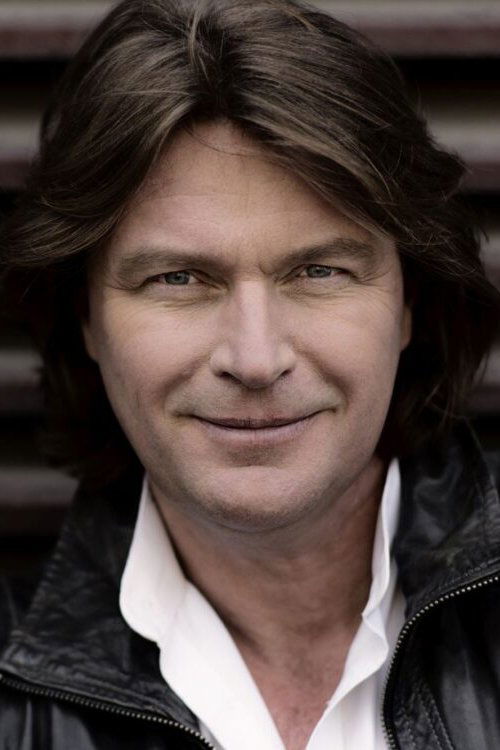
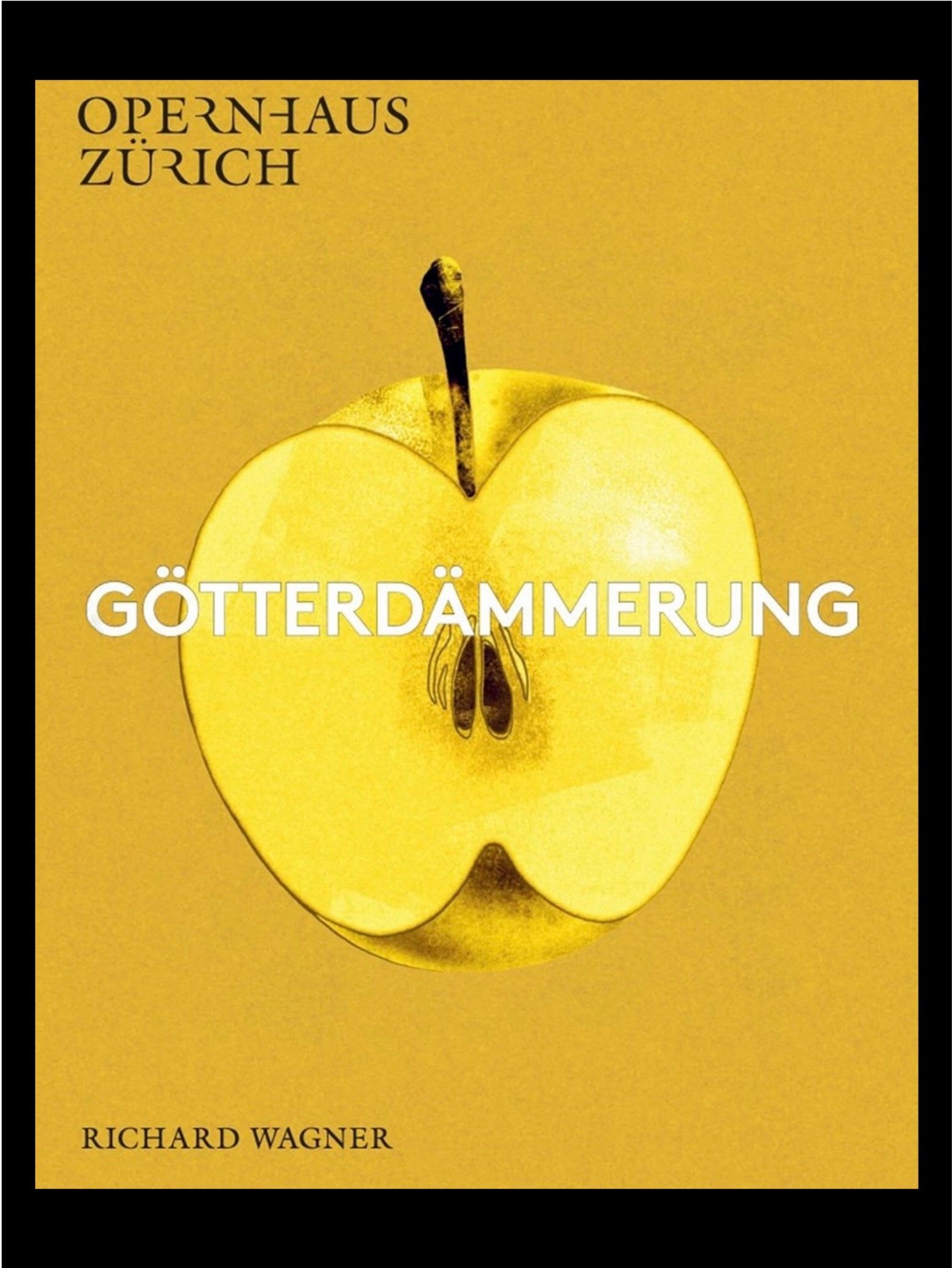
Der Ring des Nibelungen in a production of the Zürich opera house, recorded 2024. "Dramatic music-making at its finest". In the hands of General Music Director Gianandrea Noseda and Stage Director Andreas Homoki, Wagner's myth is represented as "a dysfunctional family of gods" (The Independent) in a polished yet unpretentious production that underscores the humanity of the characters, who are performed by the same exceptional cast of singers across all four operas.
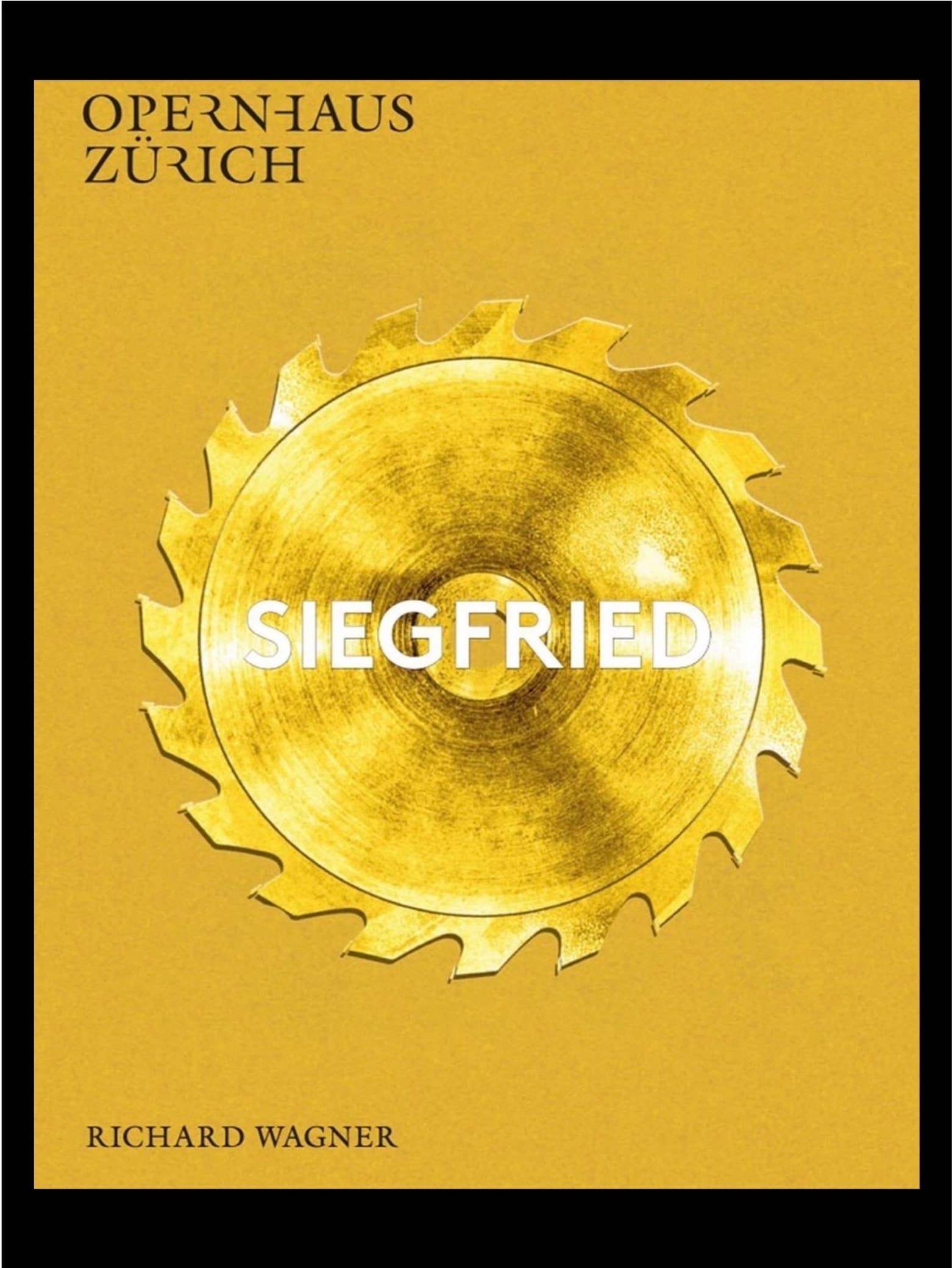
Der Ring des Nibelungen in a production of the Zürich opera house, recorded 2024. "Dramatic music-making at its finest". In the hands of General Music Director Gianandrea Noseda and Stage Director Andreas Homoki, Wagner's myth is represented as "a dysfunctional family of gods" (The Independent) in a polished yet unpretentious production that underscores the humanity of the characters, who are performed by the same exceptional cast of singers across all four operas.
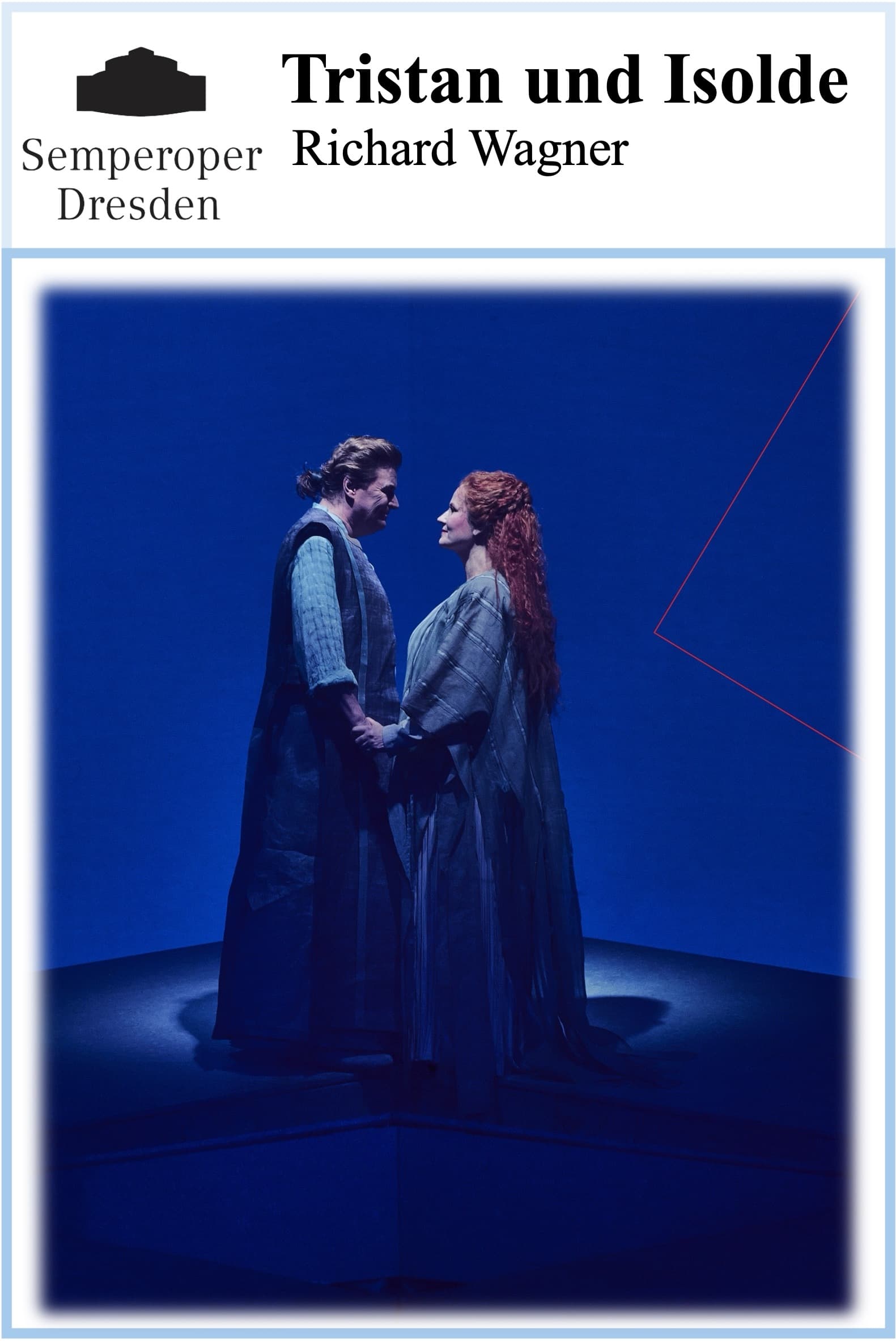
Through the power of a love potion, Tristan and Isolde have fatefully fallen for each other, but Princess Isolde is promised to Marke, the king and Tristan's liege lord. The lovers live their connection in secret, which inevitably has to be discovered and leads to catastrophe. The visually stunning production by Marco Arturo Marelli prepares the ground for the secret of this love in space and color, captured in Richard Wagner's opera, which premiered in 1865, in which the music becomes almost the sole carrier of the plot.
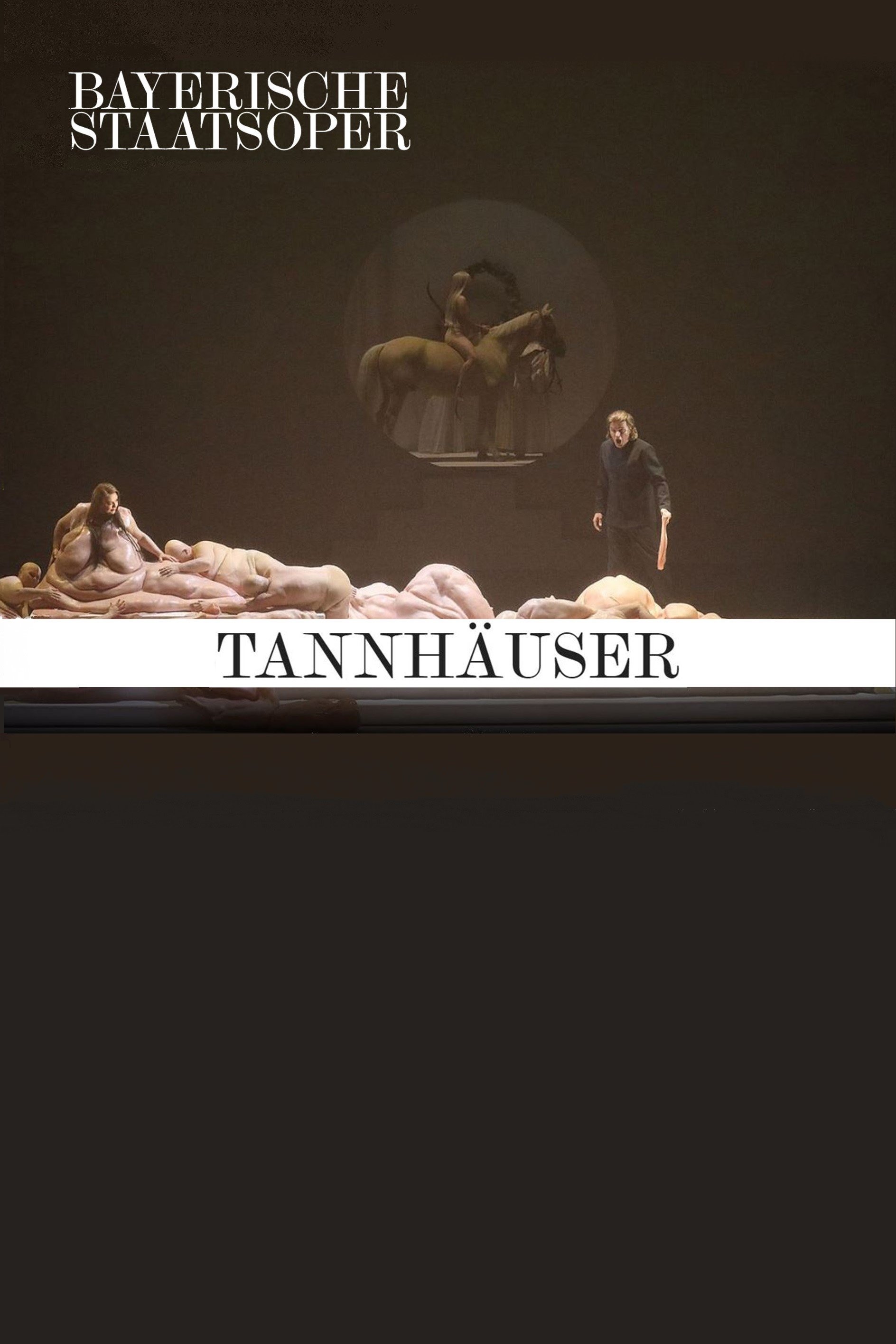
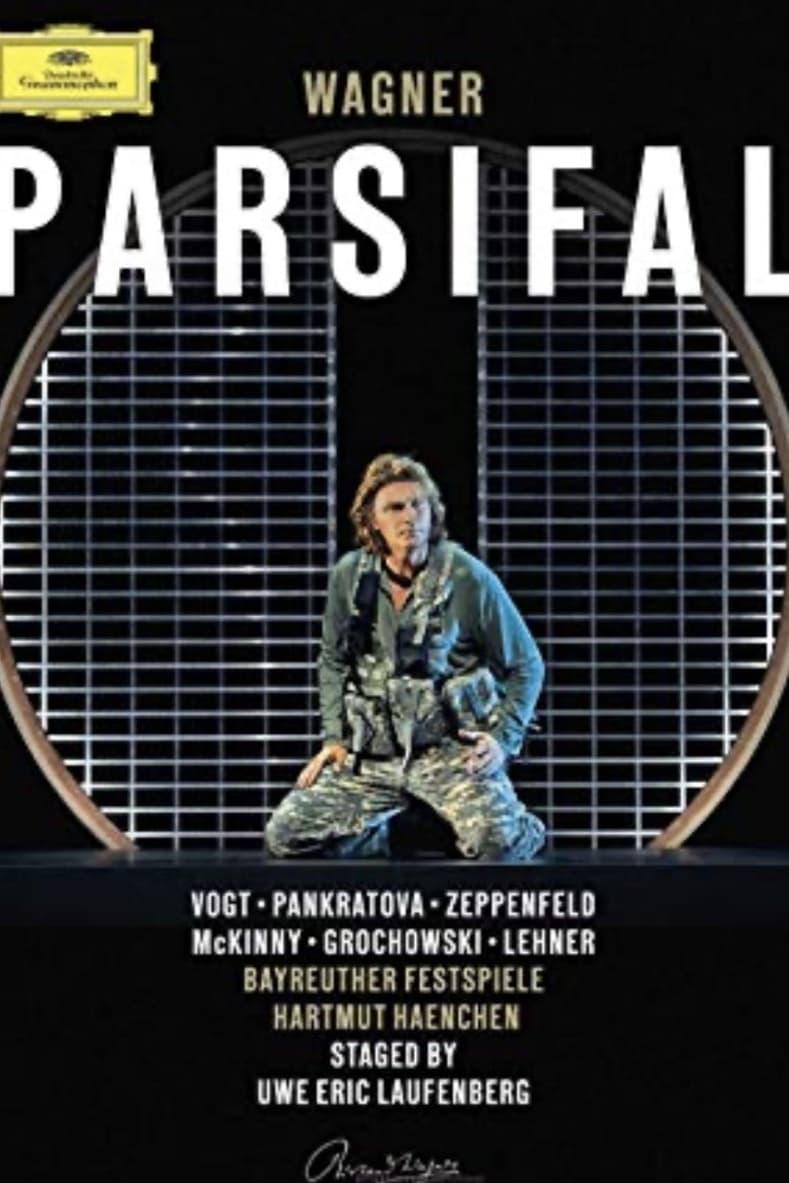
German composer Richard Wagner wrote Parsifal, which is a three-act opera that tells the story of the title character's quest to save the Knights of the Holy Grail by returning the Holy Spear, healing King Amfortas, and carrying out the sacred ceremony of uncovering the Holy Grail.
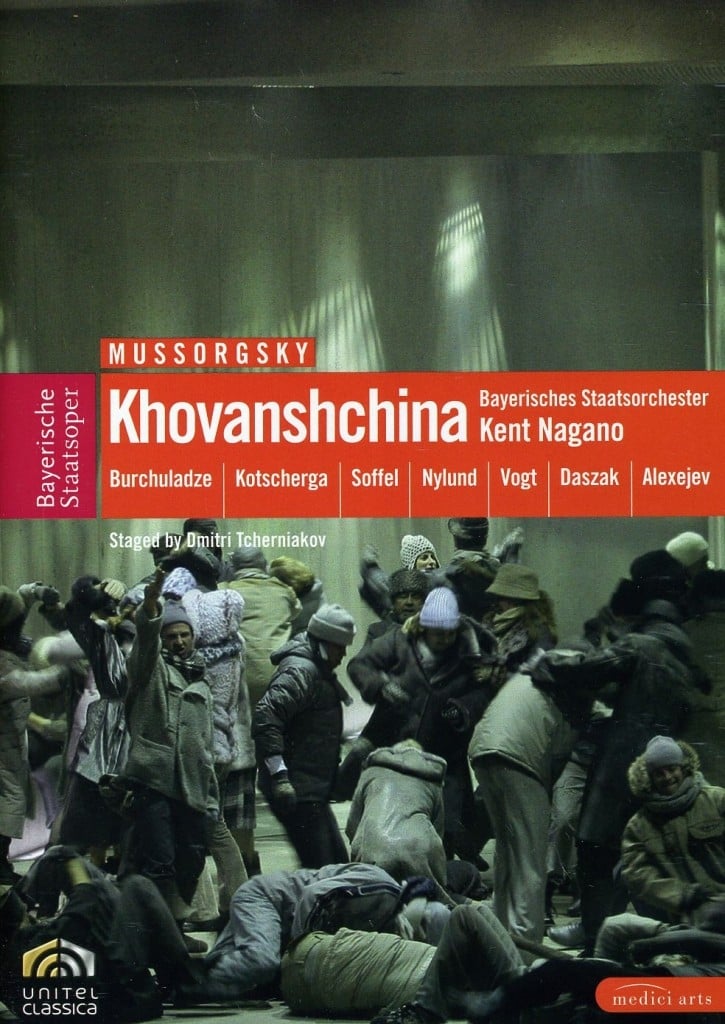
Kent Nagano superbly masters the challenges presented by this score, shapes the dynamics with subtle intensity, and casts the score in a mellow glow. As Marfa, the spurned lover of Ivan Khovansky‘s son Andrei, Doris Soffel unfolds such a rich palette of sonorities, from the pathos of the lower ranges to shaded discant heights, that “one is tempted to speak of a Russian mezzo”. The final chorus, which Mussorgsky did not compose, is played in the orchestrally transparent version of Igor Stravinsky – the third great Russian composer who contributed to making “Khovanshchina“ a timeless, gripping stage work. With his stripped-down sets and historicising costumes, director Dmitri Tcherniakov, one of the new voices of contemporary Russian theatre, builds a bridge to the political present. A lesson in history and music!
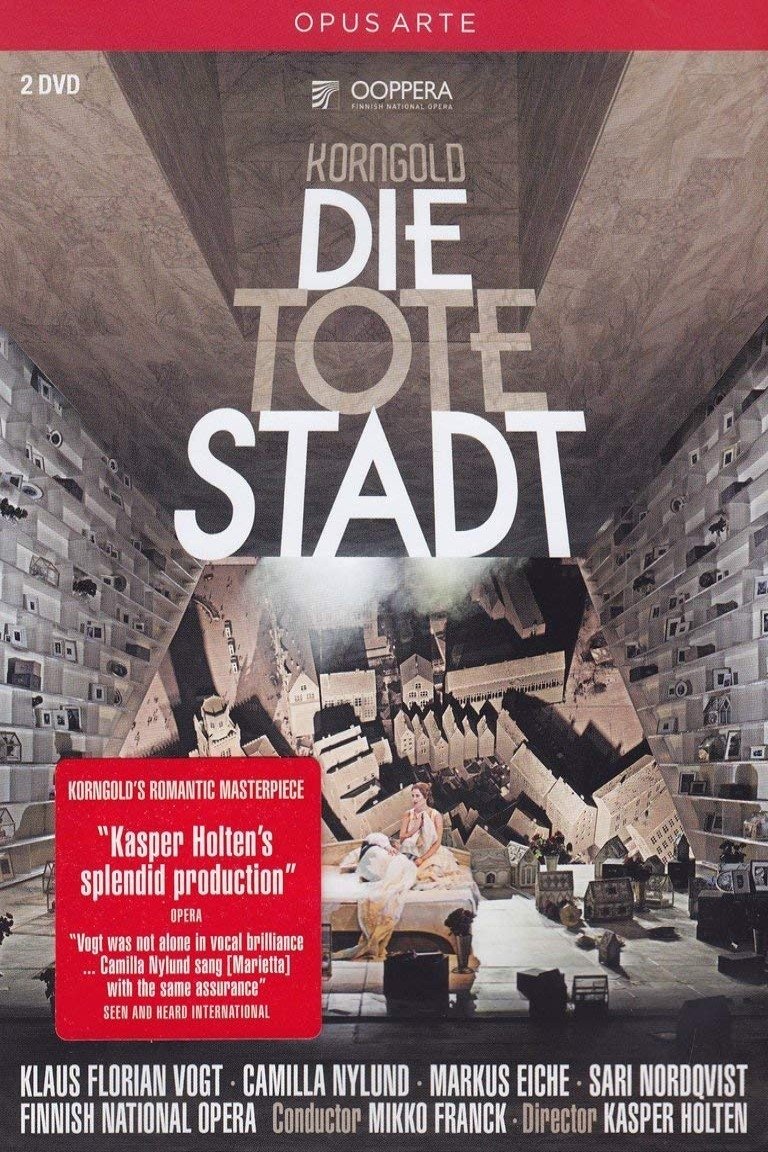
This Finnish National Opera production of the opera “Die tote Stadt” by Erich Wolfgang Korngold was staged by Kasper Holten, with Klaus Florian Vogt as Paul and Camilla Nylund as Marietta, while Mikko Franck directed the Finnish National Orchestra.

Rusalka is not a happily tragic fairy tale. Rusalka’s lake is a dark, damp cellar, where she is imprisoned with her sisters by her abusive father. But once she finally escapes, she is thrown mute and alone into an equally brutal world where she is utterly unequipped to survive, and he increasingly looks like a protector.
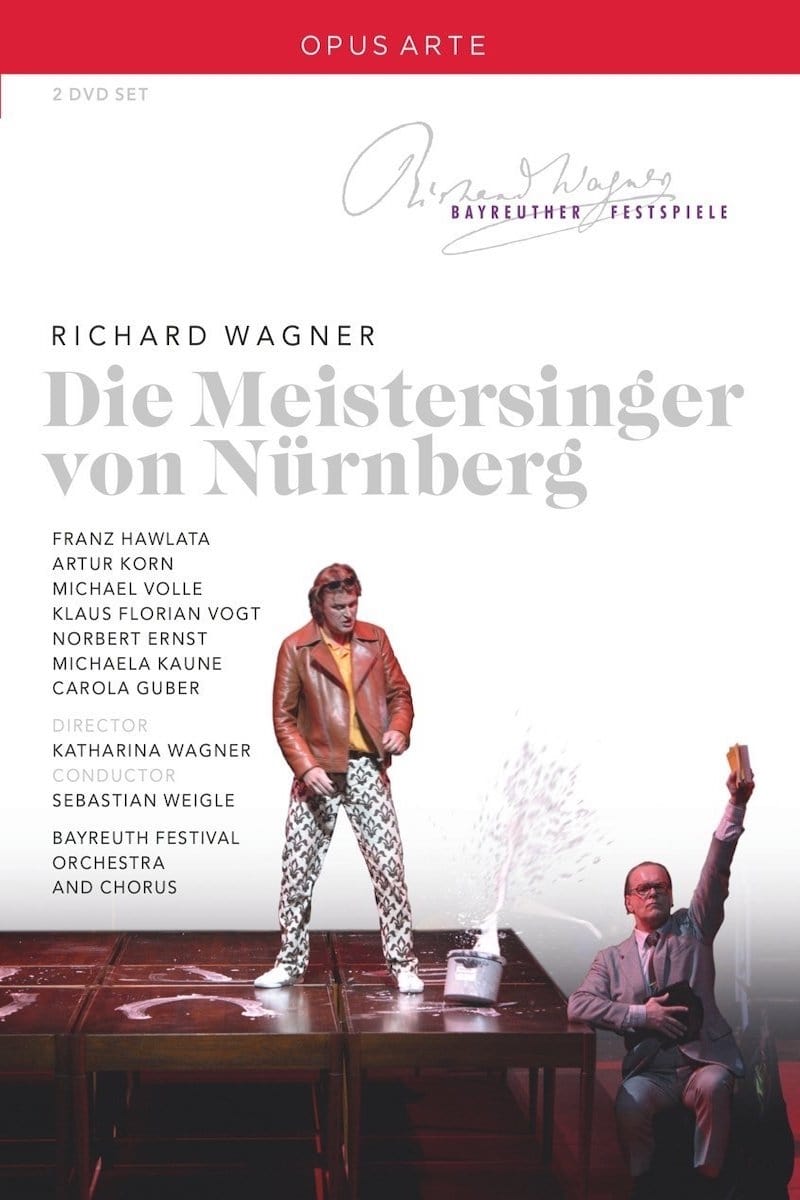
This program captures a live performance of the Richard Wagner opera Die Meistersinger von Nurnberg, recorded at the Bayreuth Festival in Germany, under the direction of Katharina Wagner. Some of the vocalists featured in the performance include Franz Hawlata, Artur Korn, Michael Volle, and others.
By browsing this website, you accept our cookies policy.